As long as humans have told stories, we’ve shared tales about people going on quests. There is a long list of these tales about quests of one sort or another in history and in literature. Here are a few of the more famous quests.
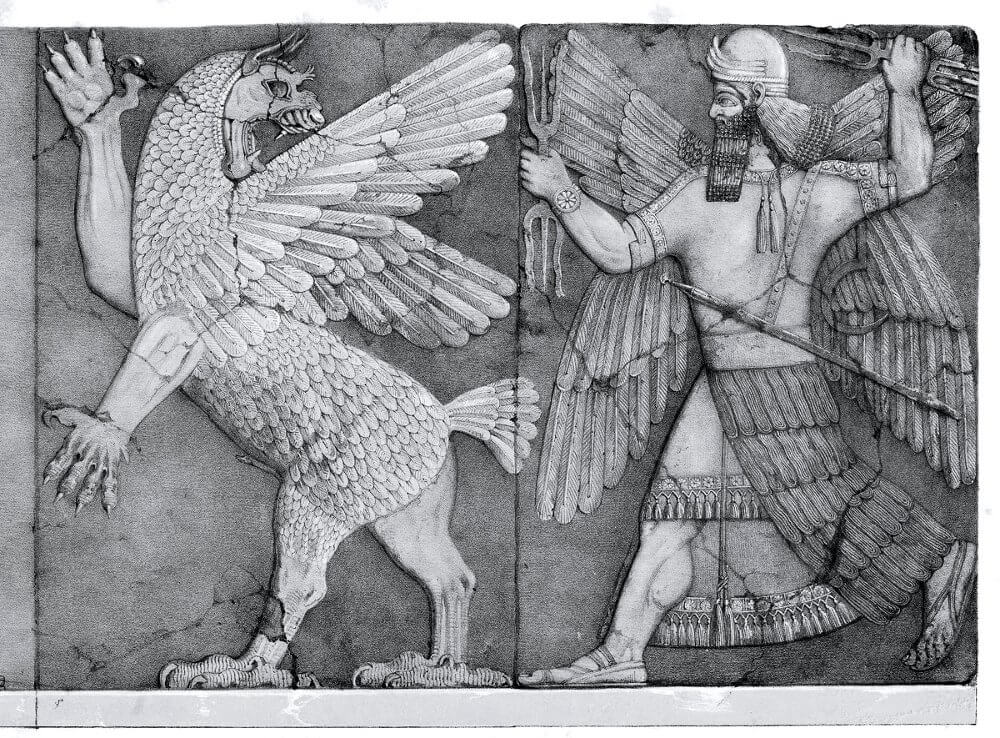 About 2,000 BC, Gilgamesh embraced the quest to find the secret to eternal life.
About 2,000 BC, Gilgamesh embraced the quest to find the secret to eternal life.
He started out as a cruel despot who raped any women he fancied. After losing his best friend, Enkidu, he couldn’t stop brooding about the prospect of his own death. Gilgamesh’s journey takes him to a beautiful garden by the sea where he is offered the chance to learn the secret to immortality if he can pass the test of being able to stay awake for a week.
Unsurprisingly, he failed. When he returned to his home city of Uruk, however, he was finally reconciled to his mortality[1].
Circa 20BC, Virgil wrote the epic poem Aeneid describing Aeneas’s quest for a homeland[2].
After having lost Troy, Aeneas escaped from his sacked city and embarked on his quest. In his wanderings in the underworld, he battles monsters, giants, and the elements. In the process, he is able to get a blinding glimpse of the future before he returns home.
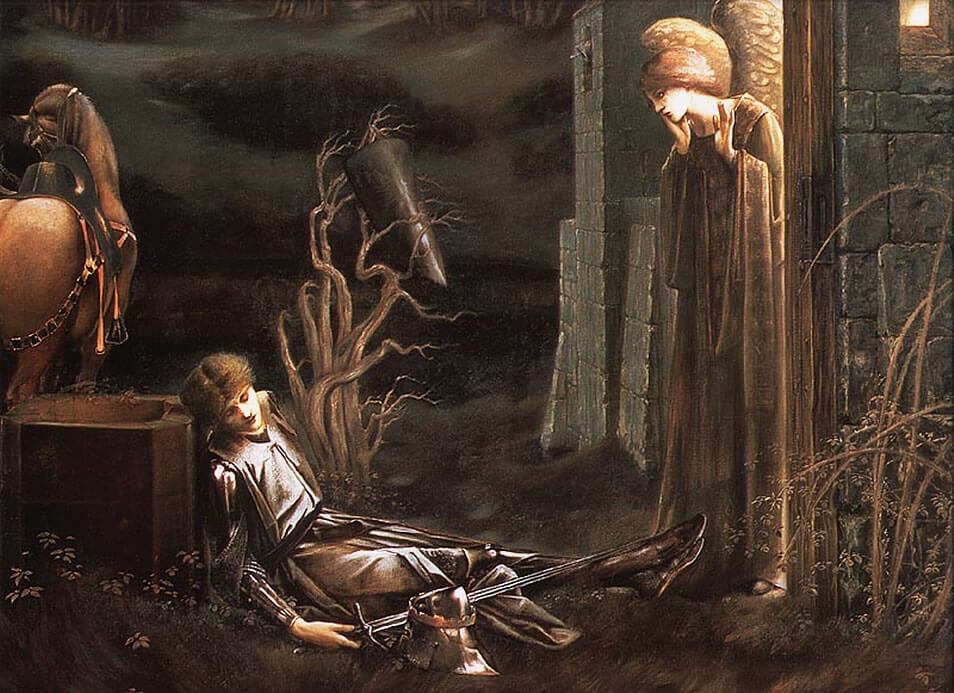
In 12th century literature, Galahad and his father, Sir Lancelot, went on a famous quest for the Holy Grail.
After easily removing a sword from stone, Galahad was proclaimed by King Arthur to be the greatest knight of all time and invited him to become a Knight of the Round Table. After many adventures, Sir Galahad is finally allowed to see the Holy Grail and then returns home.
In the 17th century, Cervantes sent Don Quixote on mock quests and, in spite of tilting at windmills and trying to bring justice to the world, Quixote becomes a hero of chivalry.
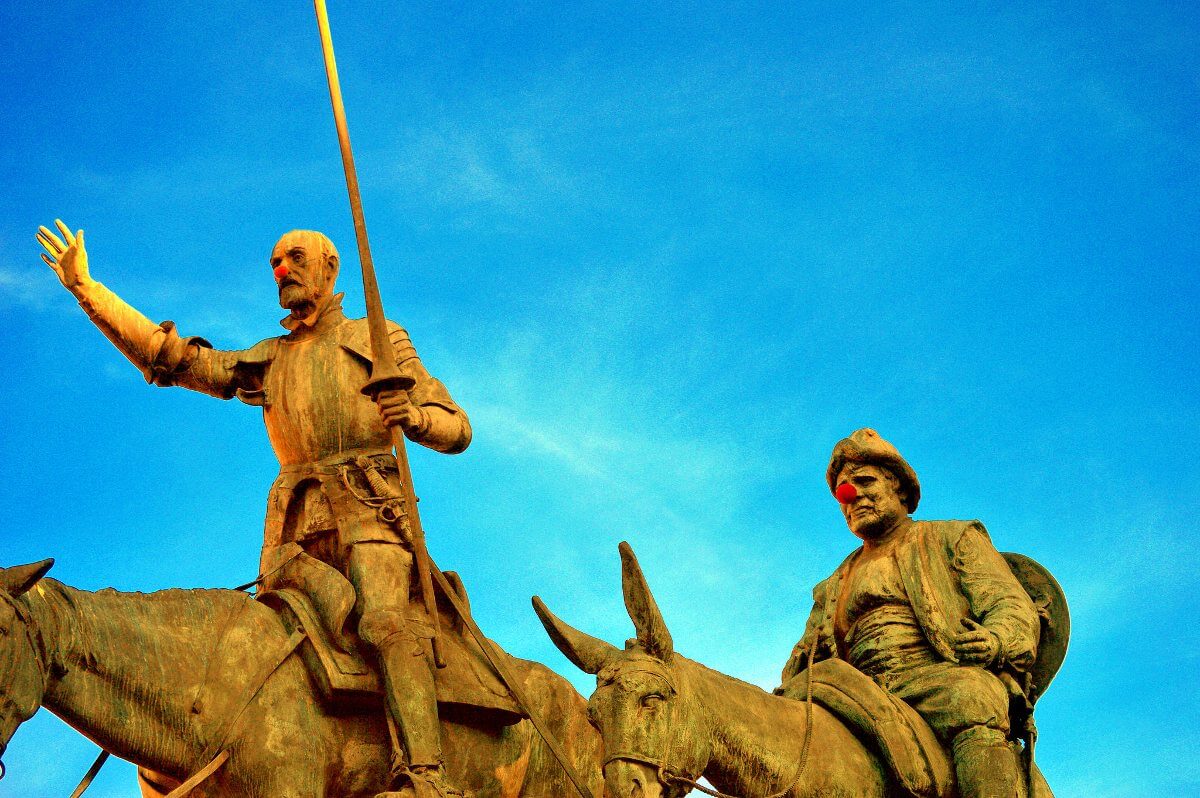
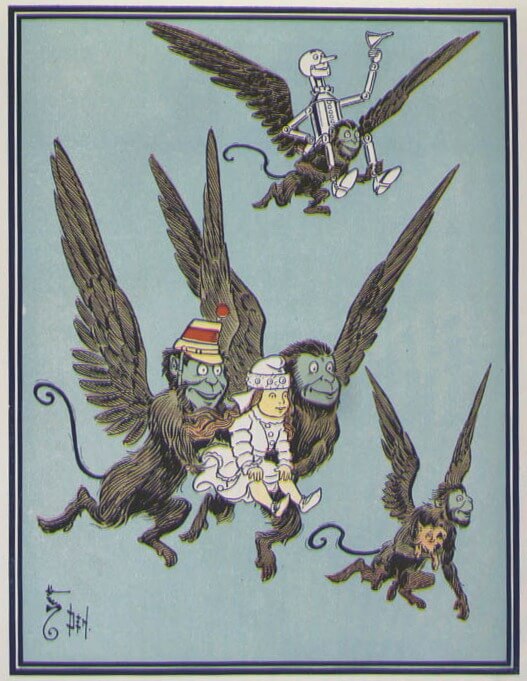
Quests also appear frequently in fantasy literature like The Wonderful Wizard of Oz where Dorothy, the Scarecrow, the Tinman, and the Lion go on a quest for the way back to Kansas.
In The Lord of the Rings, Frodo’s quest is to destroy the One Ring. In his trilogy, Tolkien tells a tale of friendship and inner struggle with temptation in the context of supernatural warfare.
Even J.D. Salinger’s Catcher in the Rye has a quest plot describing Holden’s search for a sense of purpose.
In The Hero with a Thousand Faces, Joseph Campbell provides a critical analysis of the quest literature. He suggests that all stories from all cultures are essentially the same because they attempt to convey universal truths. In most stories, there is a call to adventure, an encounter with the unknown, and a coming back. With the completion of a quest comes the realization that we are all part of a larger universe and the same cosmic system. In essence, if we don’t perish, we gain perspective.
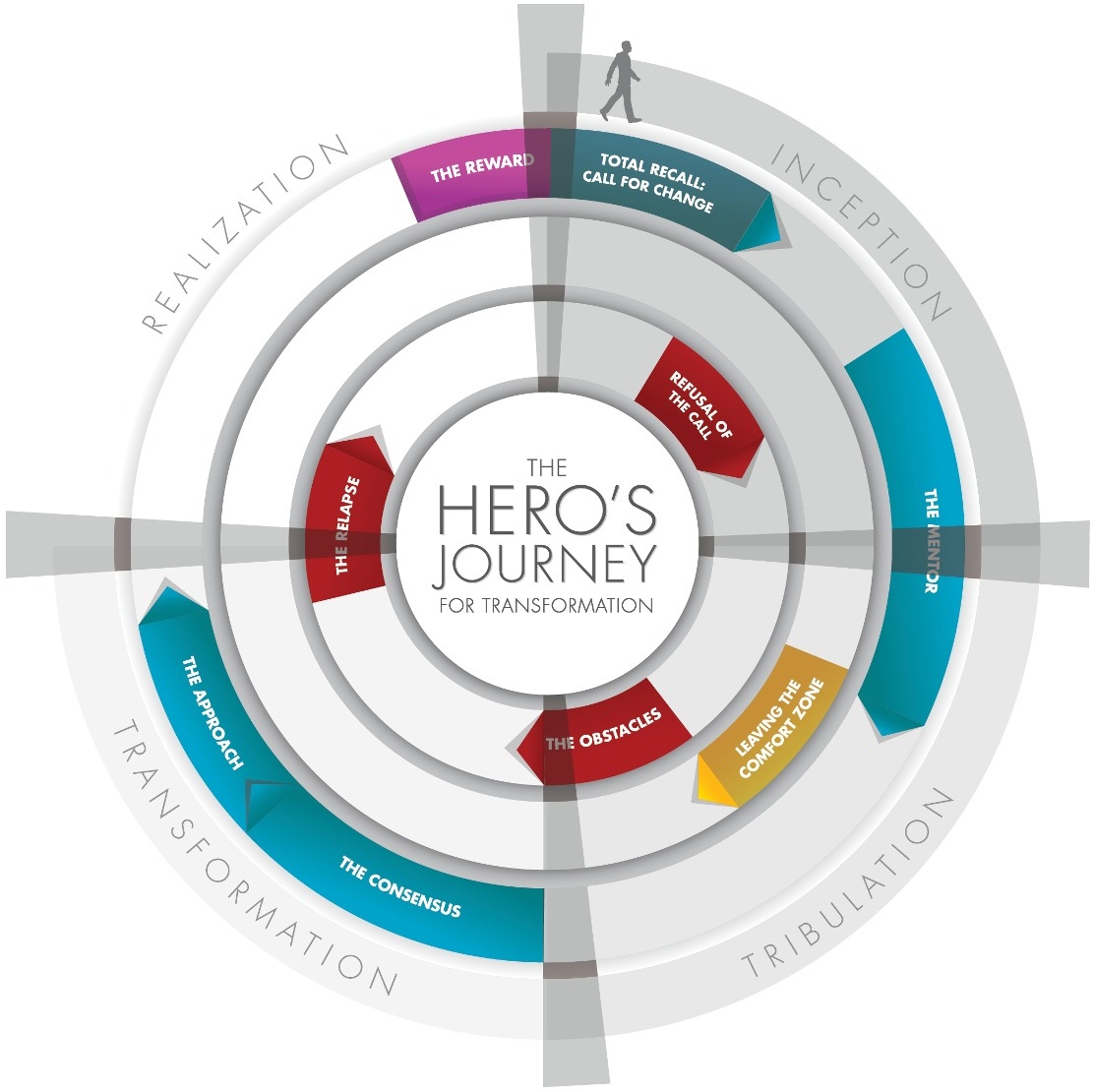
In this post, I’m hoping to shed some perspective on our pursuit of quests and to suggest the questions we may want to be raising before we go too far down any one path.
We all know many people who have set out on a quest to seek fortune and fame. Some succeed; most don’t. My quest as a college student was to land a big job with an international corporation and become a CEO. One year in Vietnam quickly abolished that ambition as I questioned the whole purpose of our military-industrial complex.
After completing my doctorate in Counseling Psychology, I went on an 8-year quest to change the criminal justice system. That quest was squelched when I learned that there was no interest in or funding for rehabilitation. I began to question how much commitment our government had to long-term, compassionate solutions.
My next quixotic quest was to create healthy, innovative, and productive work environments. Much like Aeneas found in his search for a peaceful homeland, I discovered that the profit monsters and power goblins proved to be more than I could wrestle to the ground.
These experiences led me to question which quests made sense for me and, more importantly, to ponder what course is most closely aligned with my values. I needed to ask what was more meaningful: the quest I’m pursuing, or the questions I’m pondering.
My conclusion was that I spent way too much time pursuing and not enough time pondering.
This personal dilemma made me wonder about the questions people on epic or ordinary quests may have had as they responded to their respective calls for adventure, encountered the unknowns associated with those adventures, and returned to wherever they called home after their quests. Did they ask, “Why am I doing this?”; “What will my life look like if I am successful?”; “What am I giving up to pursue this quest?”; “What is my real purpose?”; “Is this commitment aligned with my values?”; “Who am I?”; Or, less reflectively, “How do I achieve my mission independent of any of those questions?”
In some ways, quests are the result of the questions we ask.
When we deeply explore what “truth” grounds us and what values guide us, we may find gaps between our experience and conventional wisdom. Instead of tilting at windmills, perhaps we should ask questions and consider possible alternatives. There is always a good question at the heart of what may be troubling us or may transform us.
Identifying the right question and passionately pursuing the answer may be more rewarding than quests like Gilgamesh, Galahad, or Aeneas embraced. It can be a transformative experience to really question something that others assume to be true, and in the process, we may find out who we really are.
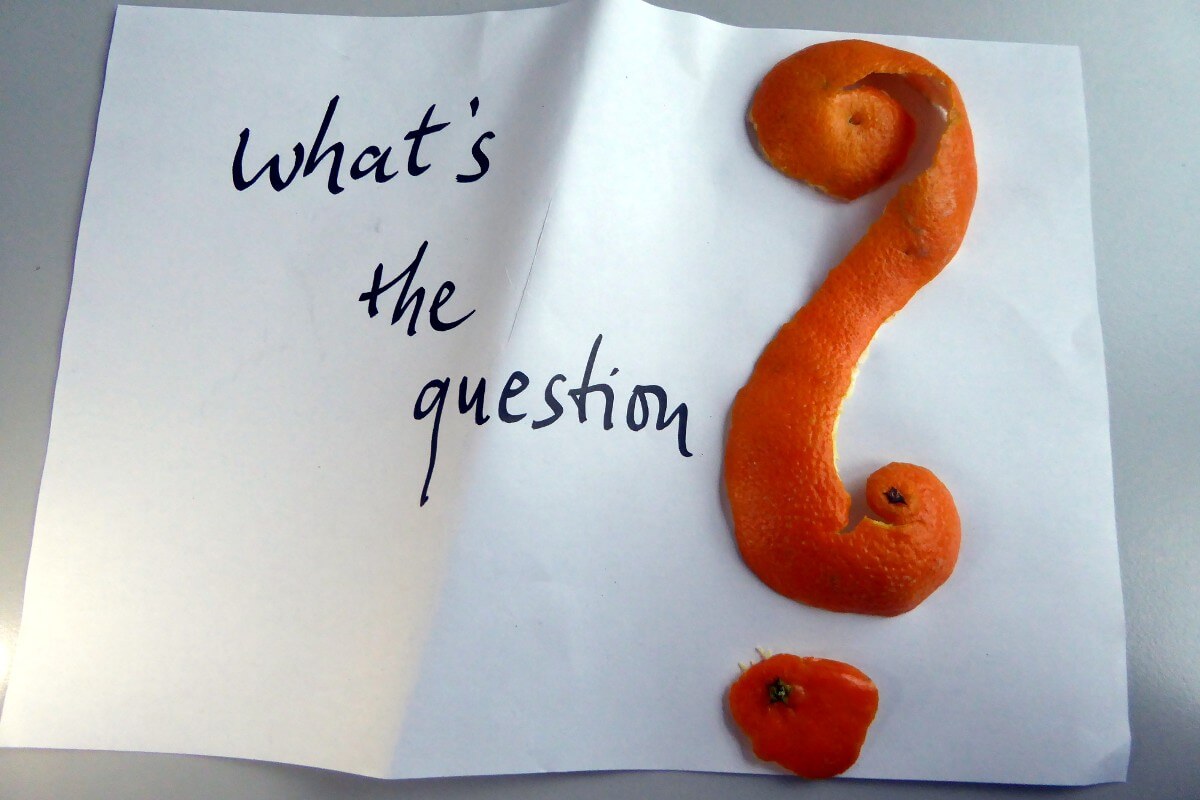
Robert Works Fuller[3] is a modern example of someone who is asking the right questions to inform his quests. After earning a Ph.D. in physics at Princeton in 1961, Fuller taught at Columbia University and then turned his attention to educational reform. In 1970, he was appointed President of his alma mater Oberlin College at the age of 33. In that same year he traveled to India where he served as a consultant to Indira Gandhi. Having witnessed firsthand the famine resulting from the war of succession of Bangladesh from Pakistan, he returned to persuade President Carter to lead the nations of the world to end hunger. Now that’s a quest.
According to Fuller, the first step in a modern-day quest is to stop brushing aside questions and take them to heart.
This means putting the questions into words, no matter how outrageous they may sound. In Fuller’s view,
“Rarely do earnest attempts to answer well-formulated questions not yield at least a taste of enlightenment.”
He goes on to say,
“The best gifts I have ever received have been questions I couldn’t shake off.”
Finding the right question is a skill that needs to be developed. Initial answers to those questions are usually not the best. It’s the arduous process of diving deep and continuing to revise that produces the most fruitful results. Personally, the questions I admire are those that have a lingering effect. I can’t stop thinking about them long after the question is raised.
For me, the right questions lead to the right quests.
Living in a powerful question is more than an intellectual exercise; it is an emotional and spiritual experience. For example, asking what behaviors are associated with the abuse of power may reveal a direction for changing them.
These days I’m less concerned with what dragons I’m going to slay in my life than with the more immediate question of what I’m going to do with the remaining time I have.
I no longer long to be rich or famous, but I would like to find a way to leverage the skills I have for the greater good. I’m still curious about why people lie and why we can’t find an alternative to war, but I’m not sure I’ll discover the real answers to those questions before I die. I’m just hoping I will be able to hear a question whispered in my ear that may lead to a meaningful quest. How about you?
Further Reading:
[1] Read more about the epic of Gilgamesh
[2] Summary of the Aeneid
[3] Robert W. Fuller’s website
Also published on Medium.

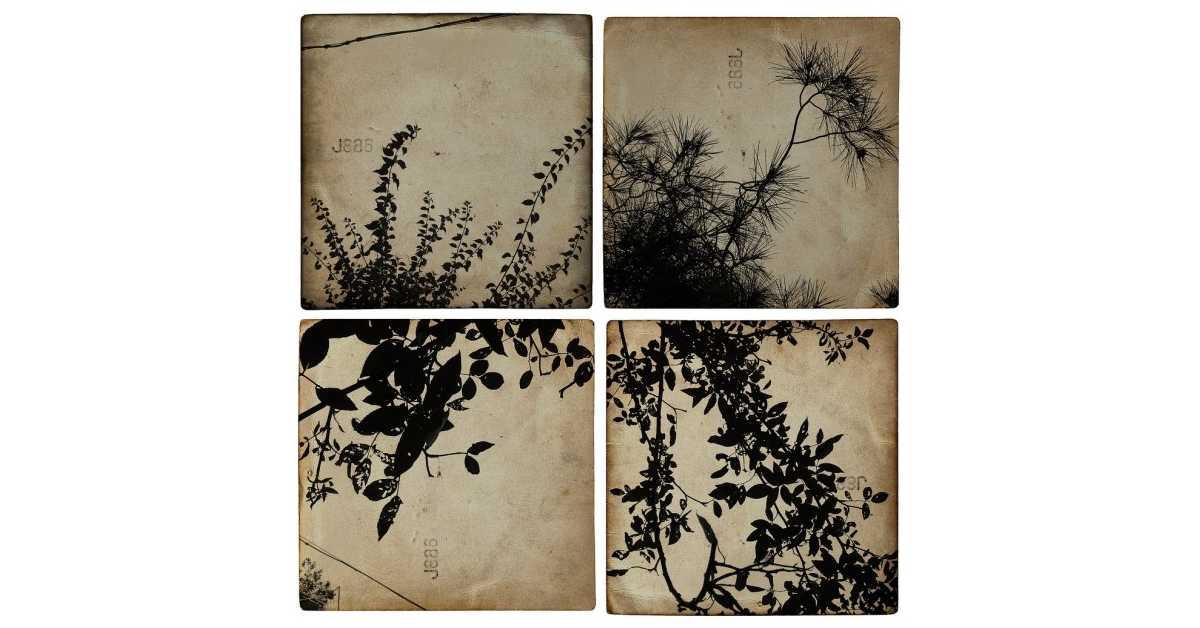

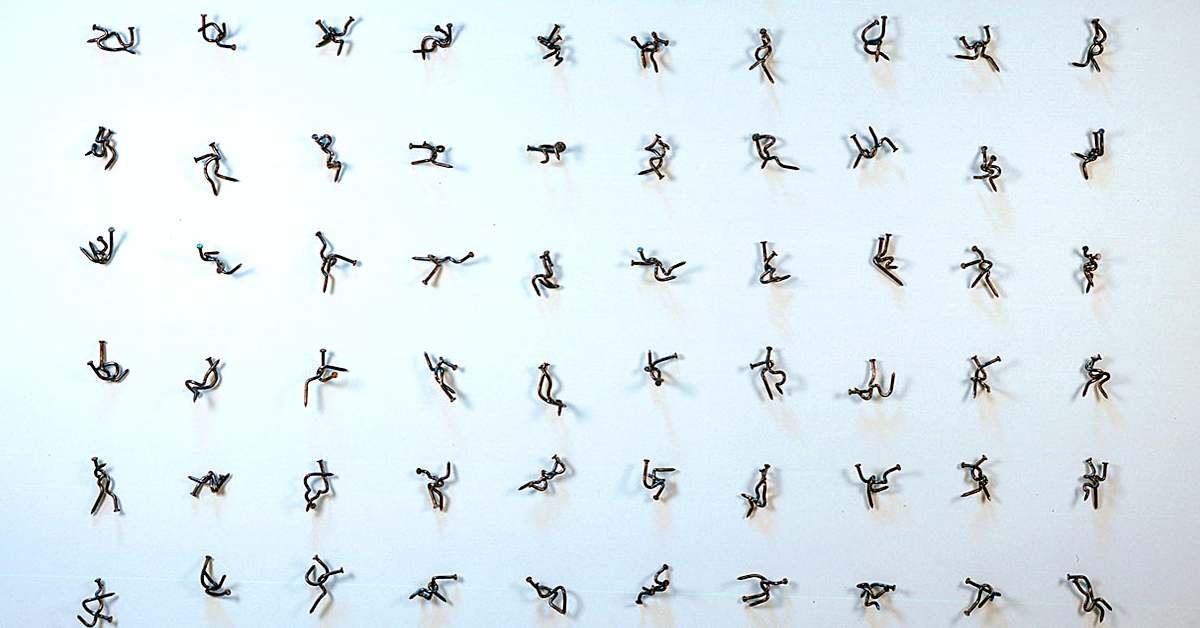
As always Ricky I am grateful and amazed at your ability to “prod” me into a more meaningful and insightful look at our human experience. Thank you for your weekly reminders to do so. RonnyDonny
I’m grateful and amazed that you respond to every post. It helps to keep me going. Thanks!!
Great point Dan. Listening is one of the best things we can do with our time. You have always been a good listener and I have always appreciated that about you. Thanks for your comments!!
A friend once showed me a yardstick. This was at a time when I was considering retirement. He said pretend this yardstick represents your life and you have only 6 inches left. What are you going to do with that time? As we get older that decision gets very important. The most valuable possession we have is our time. For myself I hope to continue being a better listener. The world is made of many hurting people. All they ask of us is our time.
Here’s a question: “How to say the most uncommon mix of heart, guts, and innocent almost naive but oh so inspiring reaching toward truth in the lines of Rick Bellingham’s posts? Especially in this one as he shares his inner dialogue, still questing for what is and will be most good to do next in his 8th decade?” Love
Thanks Artie. Your comments inspire me to keep asking.